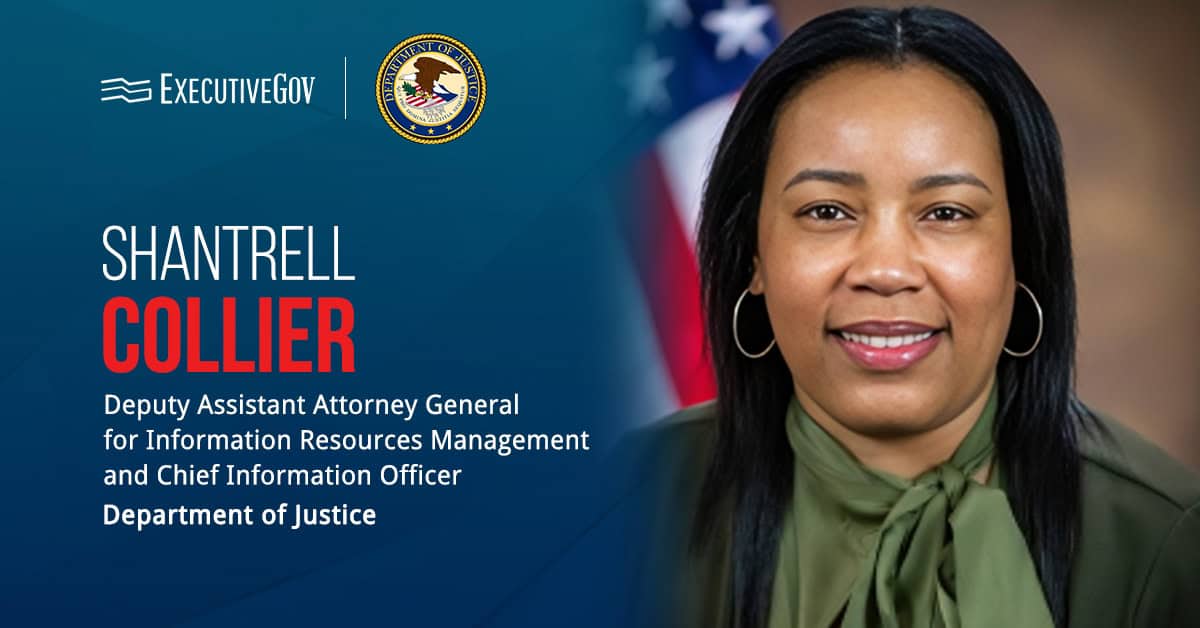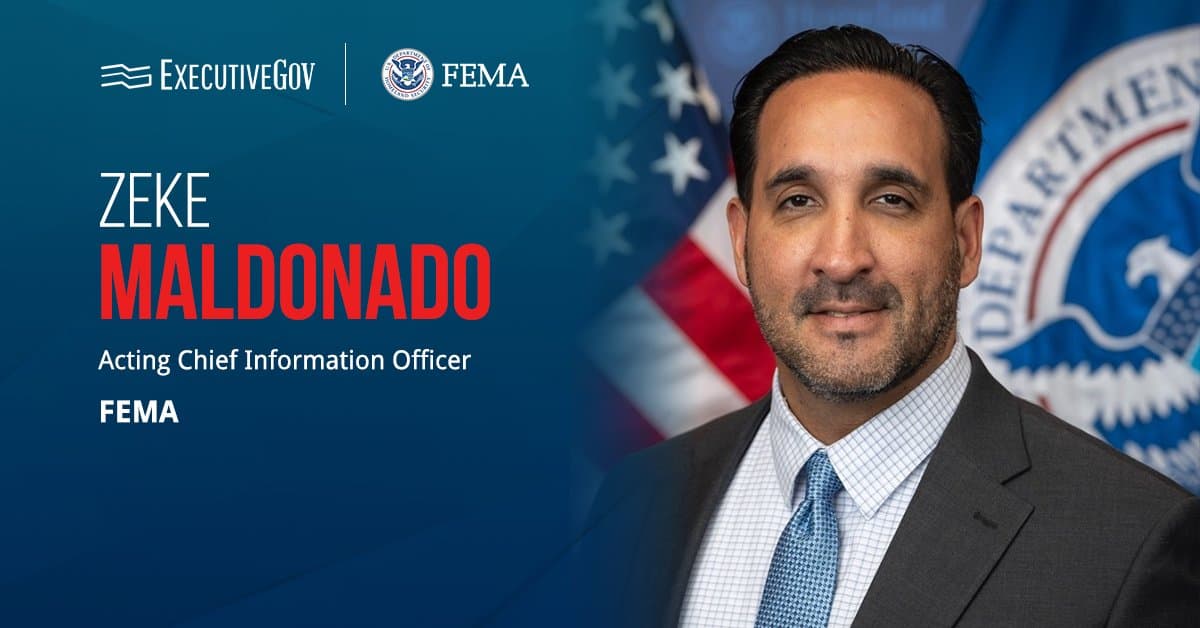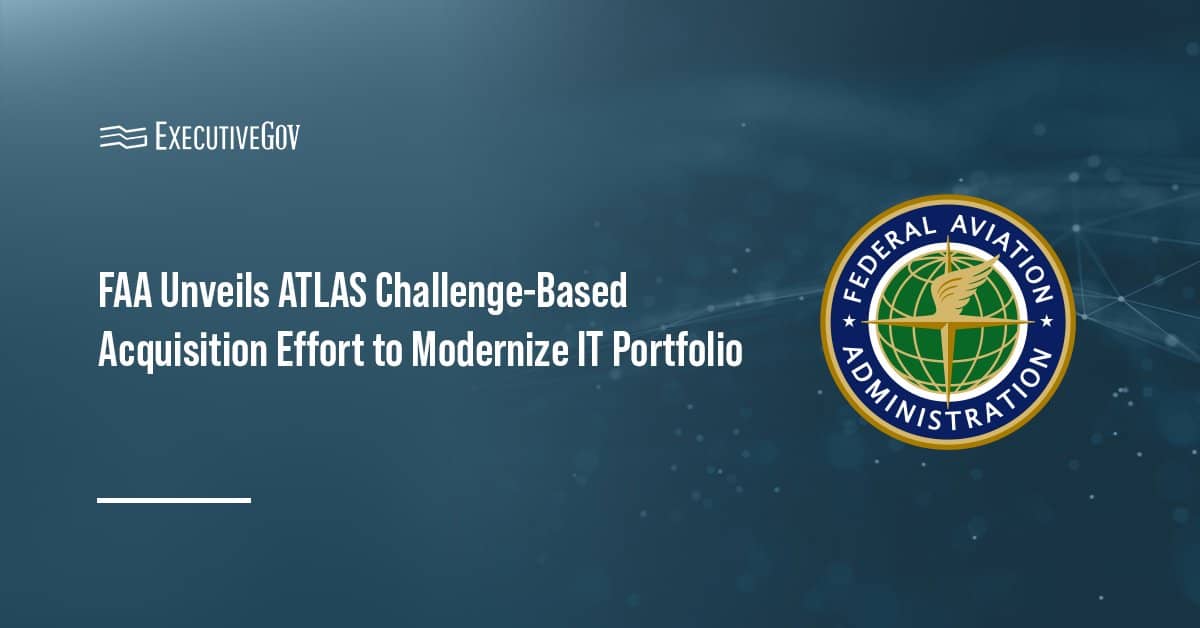
The U.S. Space Force has declared operational capability of a new ground-based communications jammer designed to disrupt enemy satellite communications, Space News reported Sunday.
Space and Missile Systems Center tested the L3Harris-made Counter Communications System Block 10.2 over a year before achieving operational status.
Troops can portably use CCS to deter enemy satellite transmissions. The system's new Block 10.2 version follows a previous one made in 2014.
Air National Guard and Space Force members serve as the system's users.
Space and Missile Systems Center turned CCS Block 10.2 over to Peterson Air Force Base last Thursday.





